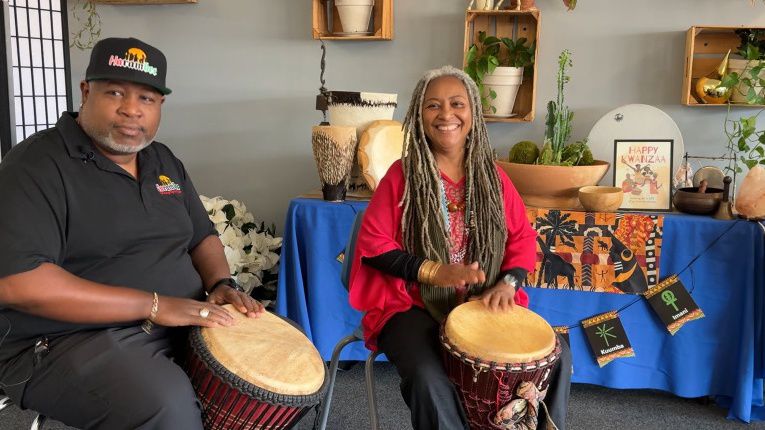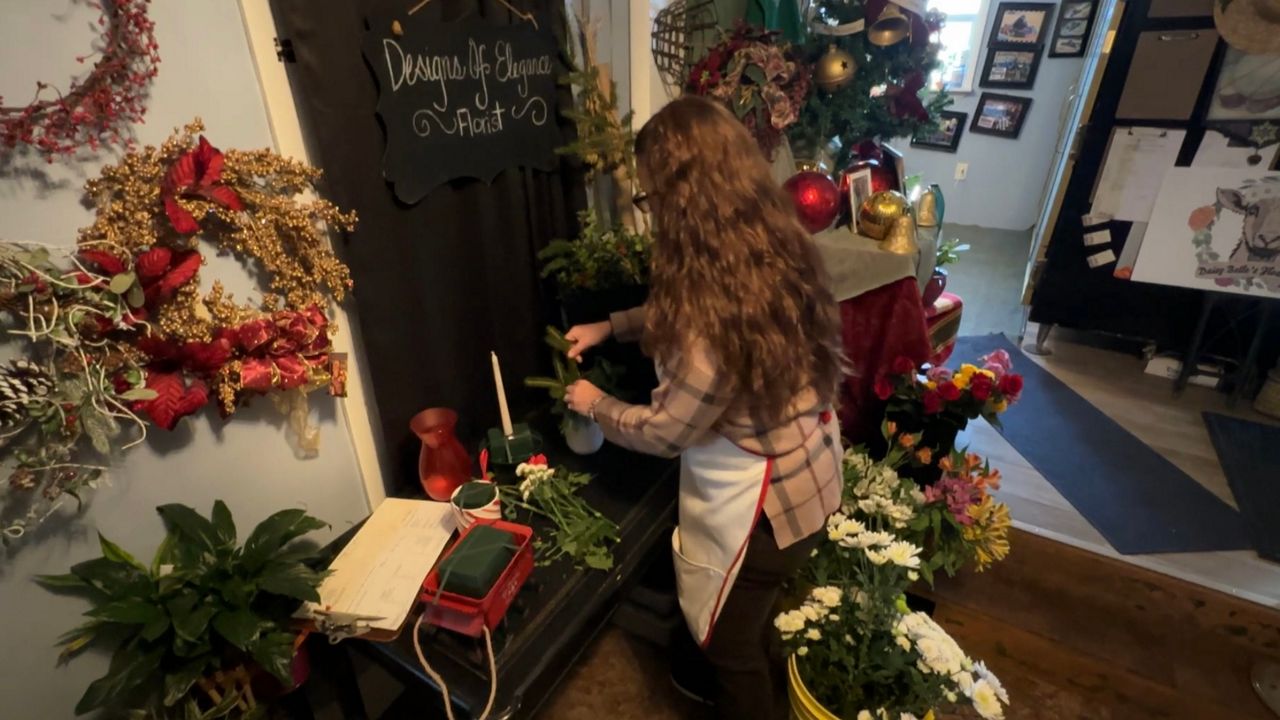The clock is ticking for all you procrastinating lovers looking to plan something nice for Valentine's Day. But one warning: Not everything is what it seems.
Some people don't want your love. It's money they want.
So if you’re searching for true love this Valentine’s Day, be warned, said Brian Jacob, a case agent for the Federal Bureau of Investigation (FBI).
“We saw a steep increase in romance scams during the COVID pandemic,” Jacob said.
More than 19,000 people fell victim to romance scams last year and lost nearly $740 million, according to the FBI.
“It’s the lower-level sites that people find, not your match.coms,” Jacob said.
Experts say bad actors on the sites take advantage of people looking for a companionship or a romantic relationship, and swindle them out of their money.
“You should be looking out for people who are unwilling to meet in person, or someone who won’t provide details about where they are or who they are,” Jacob said.
It’s best to be mindful of what personal information you make public online, use well-known dating sites, try to research people you connect with and avoid transferring money to someone you’ve never met in person.
“A lot of times, the victims of romance scams are duped into being money mules, so they become the conduits for money-laundering activities,” Jacob said.
The FBI suspects there are more victims out there because many don’t report the crimes due to shame or embarrassment. But with Valentine’s Day approaching, the FBI wants to hear from you.
“Keep people in your life informed that you’re involved in such things to help you make decisions that you may not be able to see,” Jacob suggested.








